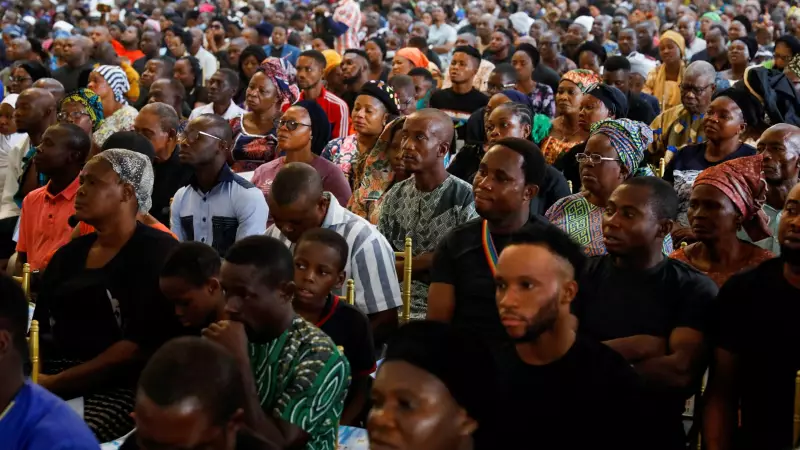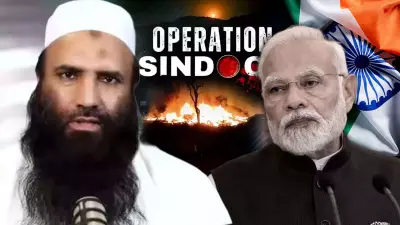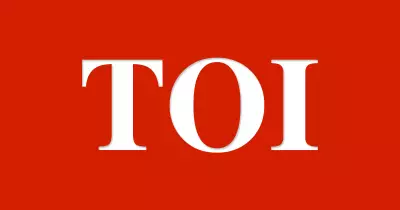
In a significant diplomatic move that underscores growing international alarm, the United States has formally labelled Nigeria as a 'Country of Particular Concern' for religious freedom violations. This designation places Africa's most populous nation among the world's worst offenders of religious tolerance.
Escalating Religious Violence Triggers US Action
The decision comes after years of documented violence against religious minorities, particularly Christians in Nigeria's northern and central regions. Reports indicate systematic attacks, forced conversions, and widespread destruction of religious properties have created a climate of fear among minority faith communities.
"The pattern of violence and impunity has reached alarming proportions," stated a senior US official familiar with the designation. "This action reflects our deep concern about the deteriorating situation and the Nigerian government's inadequate response to protect all religious communities."
What the Designation Means for Nigeria
Being named a 'Country of Particular Concern' carries significant implications:
- Potential economic sanctions and travel restrictions
- Increased international scrutiny of human rights records
- Possible impact on foreign aid and bilateral relations
- Damage to Nigeria's international reputation
Regional Security Implications
Security analysts note that the religious violence in Nigeria has broader regional consequences. The instability has spilled across borders, affecting neighboring countries and complicating counter-terrorism efforts throughout West Africa.
Human rights organizations have welcomed the US decision, calling it long overdue. "This designation sends a clear message that the world is watching and that religious persecution cannot continue unchecked," commented a representative from International Christian Concern.
The Nigerian government now faces increased pressure to demonstrate concrete steps toward protecting religious minorities and holding perpetrators accountable. How Abuja responds to this diplomatic pressure will be closely monitored by the international community in the coming months.





